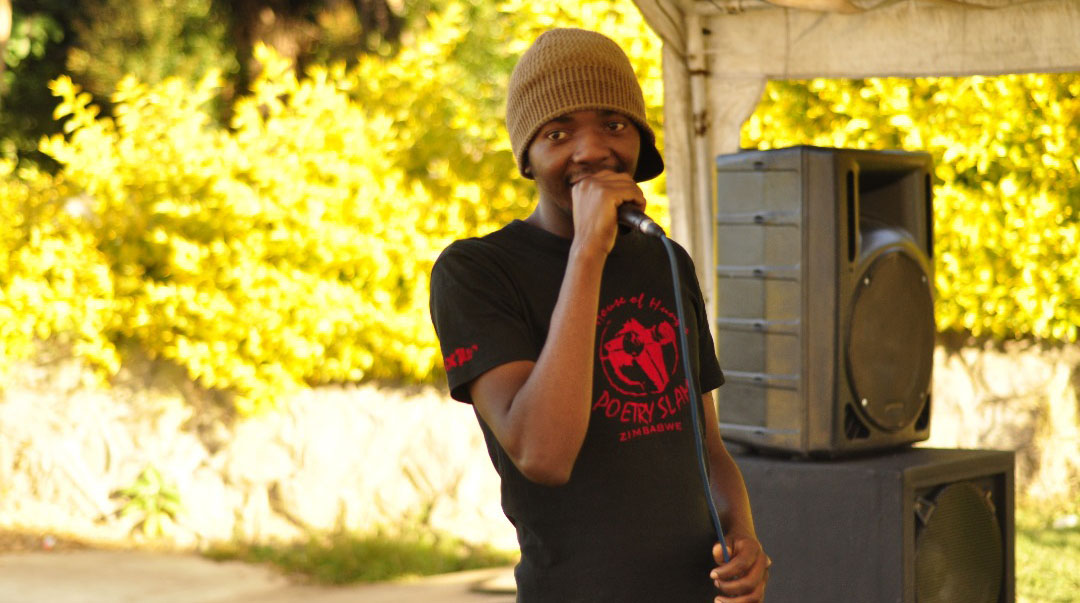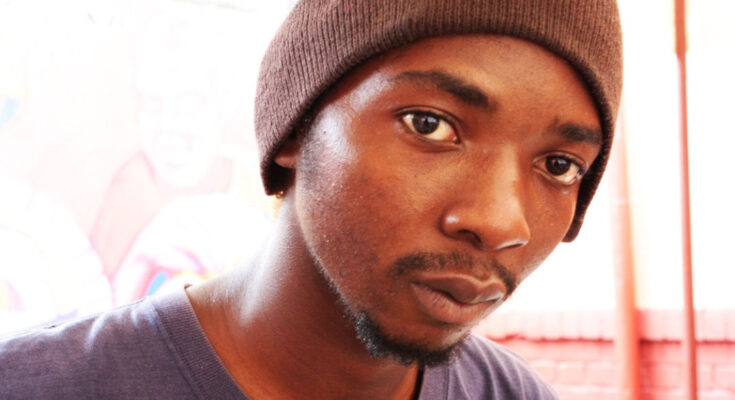The tale of Zimbabwean poetry
Don’t you just miss the good old days when The Book Café was still alive?
This was one spot where many artists, especially those in marginalised genres, felt at home.
The atmosphere always made you feel like you were part of one big creative family.
Its closure left a big dent in the culture industry with many talented individuals who ‘relied’ on the space seemingly disappearing from the face of the earth afterwards.
The Book Café was without a doubt the home of poetry in the capital and after it shut its doors, a solid base of operations for this art form has been hard to come by.
While there are a few poetry events that were taking place before the pandemic struck, they did not seem to attract much attention.
I was taken down memory lane recently when I bumped into one of Madzitatiguru’s posts on social media which did not only leave me in stitches but also left me feeling inadequate. I mean, how does one come up with such wordplay and manage that captivating and flawless delivery.
Every time I listen to Madzitatiguru’s poems, I am convinced he has an actual ancestor somewhere in that wool hat he is always wearing.


Those who have been following this wordsmith on social media can confirm that he is still dropping those hard-hitting punchlines.
I decided to get in touch just to find out what he has been up to. An interesting and eye-opening conversation ensued.
“I have been posting selfie videos on Facebook and Instagram. They are homemade zero-budget videos but I’ve been doing my best to keep the content engaging and entertaining.
“I have been writing a lot. What’s left is for me to choose the medium through which I will release the material. For now, all I can promise is weekly content on social media, with a few collaborations included.”
So the poet is not just good at ‘ranting’, he also knows how to put his words on paper. At least that’s what he told me.
“I have a book that I am working on titled ‘My Guts Echo’, a collection of contemporary poetry. I also have an EP titled ‘Madzitation’ that I am working on, but because of Covid-19, I haven’t been able to get into a recording studio.”
If he writes as he speaks, his book will be a must-grab. The EP is a no-brainer; we all know the guy can even rhyme in tongues.
Madzitatiguru says that the pandemic has had both a negative and a positive effect on his work.
“The negative impact has been the lack of public events, therefore fewer opportunities for people to consume my content and hence fewer opportunities for me to earn.
“Positively, I have had more time to create and share. Administrative work tends to overwhelm me to the point of neglecting the creative work. Less admin work means I can create more.”
During our conversation, he also gave me a better picture of the local poetry scene in general.
“I can speak more for performance poetry than I can speak for page poets. There is a generational divide among poets, with a few poets who crossover. Once every few years, new names come through while a few old faces disappear to follow new paths.
“Poets tend to abandon actively performing in order to fill up administrative roles. So there are always new voices that are backed by echoes of an older generation that is no longer active on stage but has their signature on your contract.
“’Nhingi akazongonyarara’ is a common sentiment, and that hurts the industry as a whole because the fans tend to move on too.”
He added that there is a need for poets to collaborate more, both among themselves and with other artists.
“Poets tend to seclude themselves and hope to create a niche. That method might work. However, I have never heard of anyone who enjoys performance poetry but doesn’t enjoy music, theatre or film.
“As I mentioned before, the career lifespan of performance is very short for most poets, so being as diverse and daring as possible in a short space of time will help create an impact.
“We tend to hold back thinking we will save the bigger moves for later, yet not realising we are reserving ourselves into irrelevance.”
Madzitatiguru believes that one of the reasons why the poetry scene was a bit ‘silent’ even before the pandemic is because of the death of popular platforms with new ones yet to establish themselves.
“I would like to think part of the reason for the ‘silence’ was that new poetry platforms were being formed while Major platforms like Mashoko and the House of Hunger Poetry Slam exited.
“The new platforms were yet to grow, so for them to gain as much attention as the platforms that had exited would take a while.
“Litfest had a monthly slam. Page Poetry Alive was hosting two events a month, Izwi Poetry Jam was happening as well as other events. In addition, individual Poets were hosting shows of their own for their niche markets. These barely made the news.”





